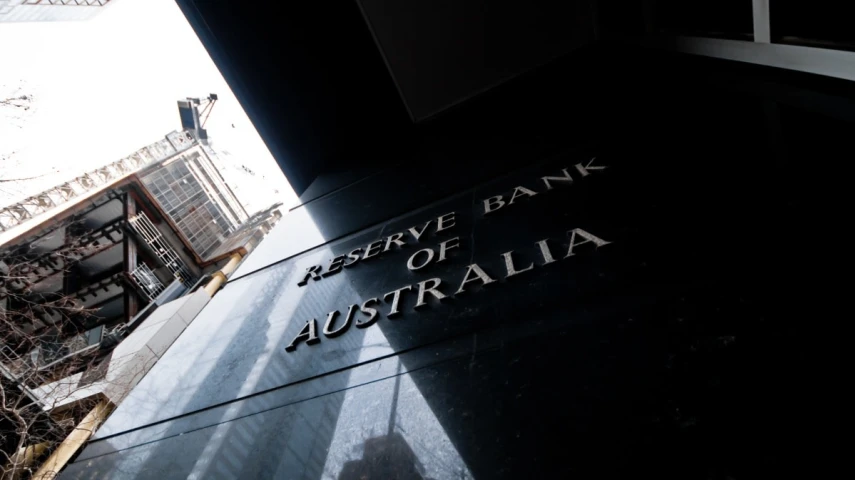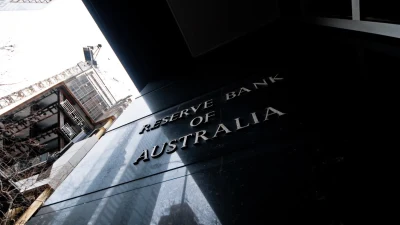RBA recognises ‘painful squeeze’ as it pauses rates



The Reserve Bank of Australia (RBA) has acknowledged the “painful squeeze” that interest rate hikes are causing for households as a factor in its decision to pause.
There had been 10 interest rate rises in less than a year, beginning last May, which had brought interest rates to 3.6 per cent. However, it opted to hold rates at yesterday’s meeting.
In his statement, RBA governor Phil Lowe said the central bank had recognised the impact that rising rates was having in the form of a slowdown in household spending.
“There is further evidence that the combination of higher interest rates, cost-of-living pressures and a decline in housing prices is leading to a substantial slowing in household spending. While some households have substantial savings buffers, others are experiencing a painful squeeze on their finances.”
He also recognised that monetary policy operated with a lag and the full impact of the hikes had yet to be felt.
“The board recognises that monetary policy operates with a lag and that the full effect of this substantial increase in interest rates is yet to be felt. The board took the decision to hold interest rates steady this month to provide additional time to assess the impact of the increase in interest rates to date and the economic outlook.”
While the pause was welcomed by many, Lowe warned further tightening would still be needed in order to ensure inflation returned to target. CPI inflation was currently at 6.8 per cent and Lowe said it would take until mid-2025 to reach the RBA’s target range of 2 to 3 per cent.
“The decision to hold interest rates steady this month provides the board with more time to assess the state of the economy and the outlook in an environment of considerable uncertainty. In assessing when and how much further interest rates need to increase, the board will be paying close attention to developments in the global economy, trends in household spending and the outlook for inflation and the labour market.”
Recommended for you
Global X has painted a worrying picture for active ETFs in Australia, with investor adoption proving uneven and the popularity of its low-cost index counterparts only growing stronger.
Australian equity ETFs attracted record inflows of $3.2 billion in 1Q25, while heightened volatility led to a decline in flows for global equity ETFs, according to Vanguard.
The failure of a clinical trial by biotech firm Opthea has caused shares in its backer Regal Partners to decline 52 per cent year-to-date and hit its funds under management, quarterly flows show.
GQG Partners has revealed its quarterly flows for the first three months of 2025 were up 5.8 per cent, after a difficult final quarter of 2024 as a result of institutional redemptions.















